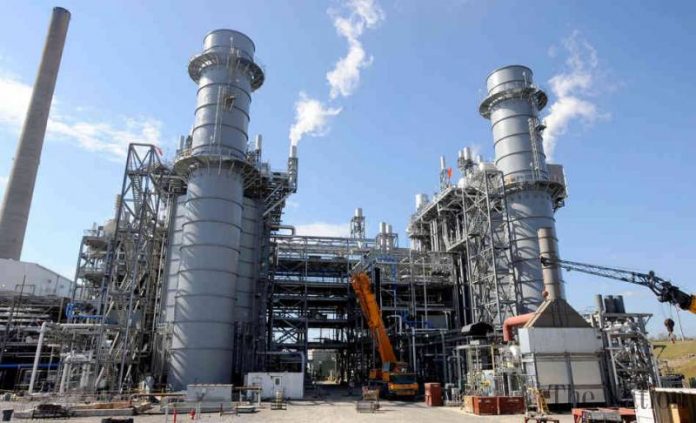ISLAMABAD: Sui Northern Gas Pipelines Ltd (SNGPL) has opposed the privatisation of two LNG-based government power plants (GPPs) of 2,640MW, citing risks of financial viability.
The federal government has taken in hand the sale of the two newly established power plants in Punjab worth $3 billion as top priority under the financial bailout programme signed with the International Monetary Fund (IMF), reported Dawn.
Financial Adviser of the Privatisation Commission, during the due diligence exercise of the National Power Parks Management Company Ltd — the owner of the Haveli Bahadur Shah and Balloki power projects of 1,320MW each, highlighted financial risks associated with the sale of the power plants.
The SNGPL has explained risk profile on account of implementation agreements (IA) and Gas Supply Agreements (GSAs) in case of GPPs.
The SNGPL has told the Privatisation Commission and the Ministry of Energy that it is not a party to the implementation agreement and Power Purchase Agreement (PPA) but obligations and rights of the government plants under the GSAs with SNGPL were reflected in the PPA including assured despatch of 66 per cent of the maximum gas allocation.
“GSAs with the GPPs were finalised on the basis of back-to-back arrangements with the upstream agreements. Therefore, any amendment in IA and PPA to change the risk profile of current RLNG supply chain will adversely impact not only the SNGPL but also PSO and SSGC, being the key players involved in G-to-G negotiated RLNG supply chain,” the SNGPL said.
According to the report, SNGPL has advised the government not to amend these contracts with respect to any change in off-take obligations of the GPPs just to make the project bankable and to attract investors at the expense of huge losses to other entities like SNGPL, PSO and SSGC.
It also pointed out that upstream agreements, ie sale purchase agreement with Qatar Gas and corresponding SNGPL agreements with the PSO and SSGC were already locked on “100pc take or pay basis” and hence downstream agreements with the government plants reflect corresponding terms and conditions on a back to back basis, owing to the very nature of the transaction, claimed the report.




